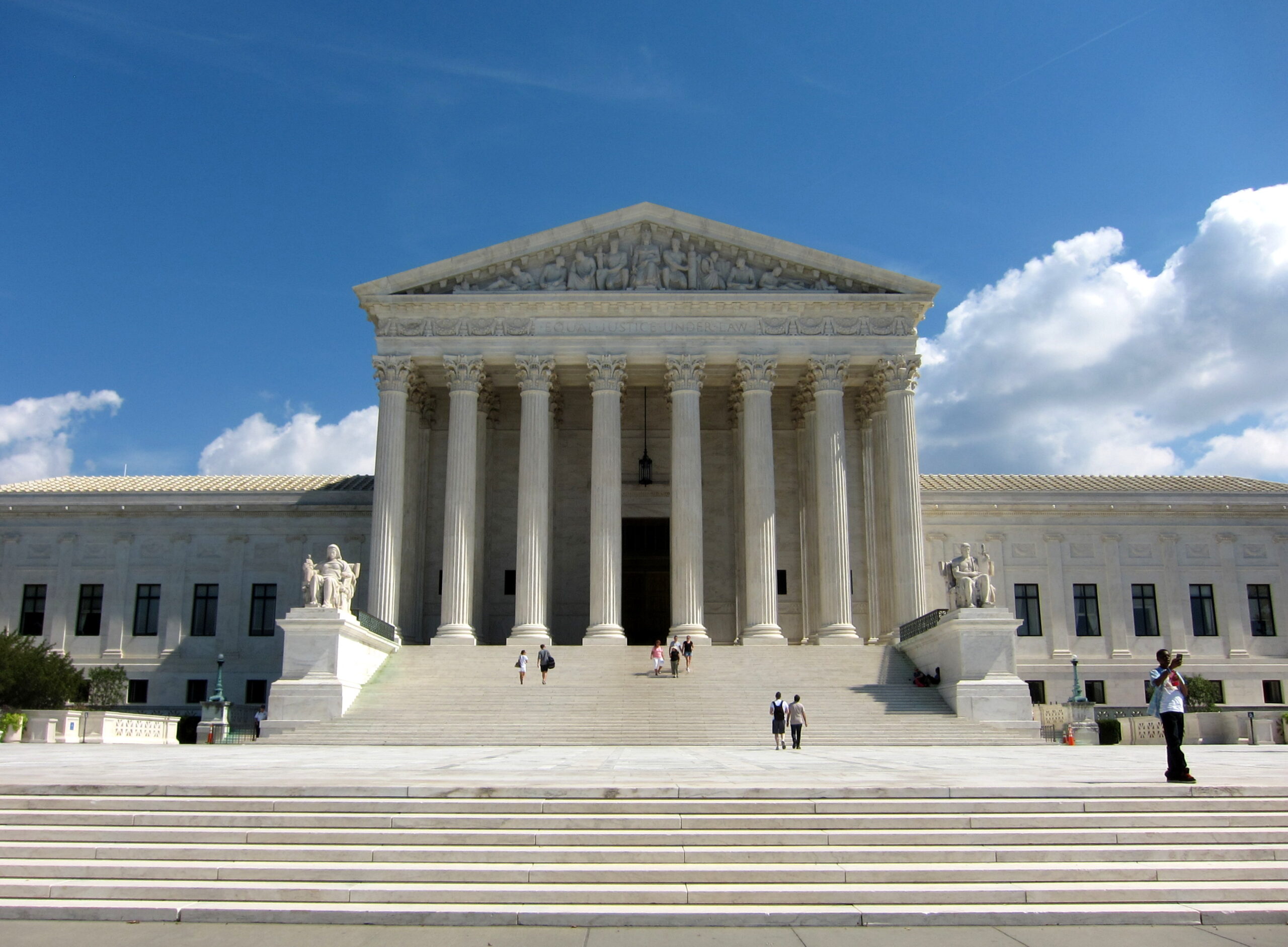New UMass Poll: Plurality Of Americans Favor End To Affirmative Action But Support Supreme Court Reform

US Supreme Court Building. Photo: Wikimedia Commons (CC BY-SA 4.0)
Source: UMass News & Media
The U.S. Supreme Court, in a 6-3 decision on June 29, effectively ended the use of race in college admissions, and a recent national University of Massachusetts Amherst Poll conducted earlier this month found that Americans are of two minds when it comes to the policy of affirmative action. A plurality of Americans – 42% – agree that the policy should be discontinued and race and ethnicity should no longer factor into such decisions, while 33% support the continued use of such criteria in admissions decisions.
“The six conservative justices who coalesced to end affirmative action were in lockstep with the plurality of the public who oppose the continued use of race or ethnicity in college admission decisions,” says Tatishe Nteta, Provost Professor of Political Science at UMass Amherst and director of the poll. “In fact, the only groups that express majoritarian support for affirmative action in higher education are progressives (51%), the highly educated (51%) and African Americans (52%). Given this relatively paltry level of support, it is no surprise that the use of race in college admissions has been ruled unconstitutional.”
“With the Supreme Court dealing another blow to affirmative action – a large share of Americans will be deeply disappointed,” says Jesse Rhodes, Professor of Political Science at UMass Amherst and co-director of the poll. “The court is, to a large degree, the victim of its own aggressiveness, as it has sought to put a profoundly conservative stamp on federal policy in a nation that is seriously divided and, overall, does not adopt staunchly conservative views.”
The respondents of the poll of 1,133 Americans support a number of reforms to the nation’s highest court, which garnered just 41% approval for the job the justices are doing in the survey.
“Americans are angry with a Supreme Court that seems out of touch and ideologically extreme,” Rhodes says. “This frustration is showing in huge public support for major reforms, including ethics requirements for justices as well as term limits. For some time, Chief Justice Roberts has expressed concern that the court is losing legitimacy in the eyes of the public. Roberts is right to be concerned. With revelations of conflicts of interest among justices, as well as extreme rulings that depart from the preferences of the public, the court is putting itself in a dangerous position.”
“The recent revelations concerning the improper financial relationship between Justice Clarence Thomas and billionaire Harlan Crow, as well as the discovery that Justice Neil Gorsuch just nine days after being confirmed to the court sold property in Colorado to the CEO of one of the nation’s largest law firms, has reignited calls for the Supreme Court to adopt an ethics policy that would preclude such relationships,” Nteta says. “While the nine members of the court have resisted congressional attempts to hold them to the same code of conduct that all other federal judges are beholden to, the public sees this issue differently as nine in 10 Americans support the establishment of this code of conduct. If Congress does indeed decide to step in and force the nine unelected justices to adopt a code of conduct, they will have public opinion on their side.”
“Americans also favor term limits for Supreme Court justices by a wide margin – 65% say the justices should serve a set number of terms,” says Raymond La Raja, Professor of Political Science at UMass Amherst and co-director of the poll. “Given the current makeup of the court, however, it is not surprising to see partisan differences in opinion: 82% of Democrats want this new rule, but just 49% of Republicans support the idea.”
Topline results and crosstabs for the poll can be found at www.umass.edu/poll.
